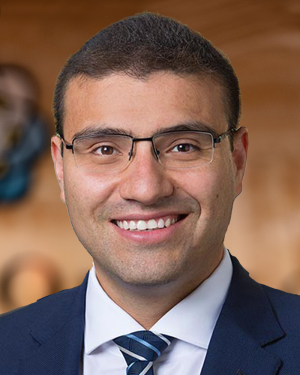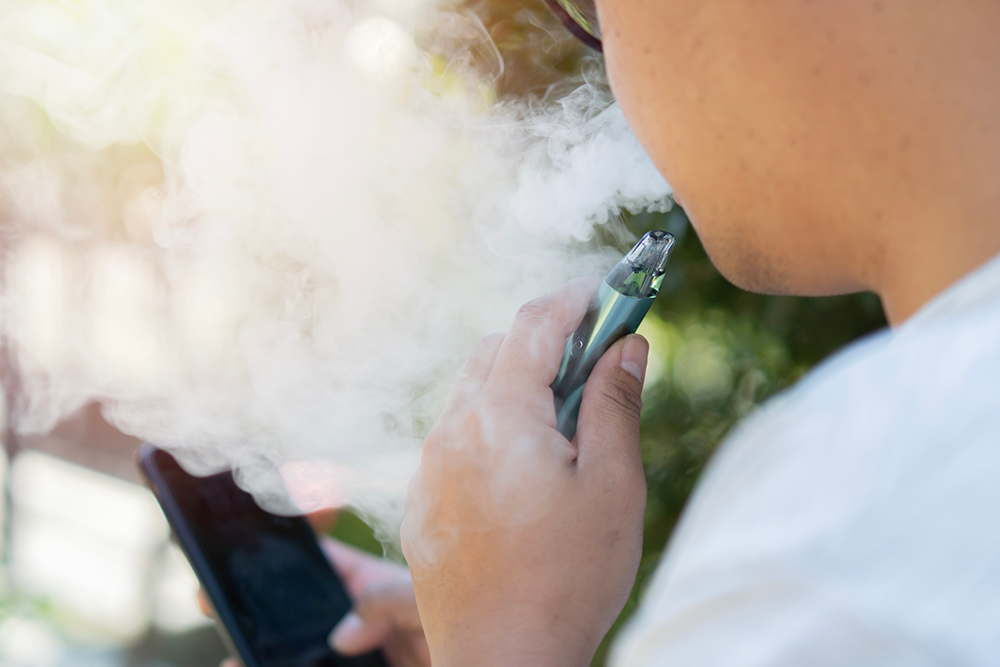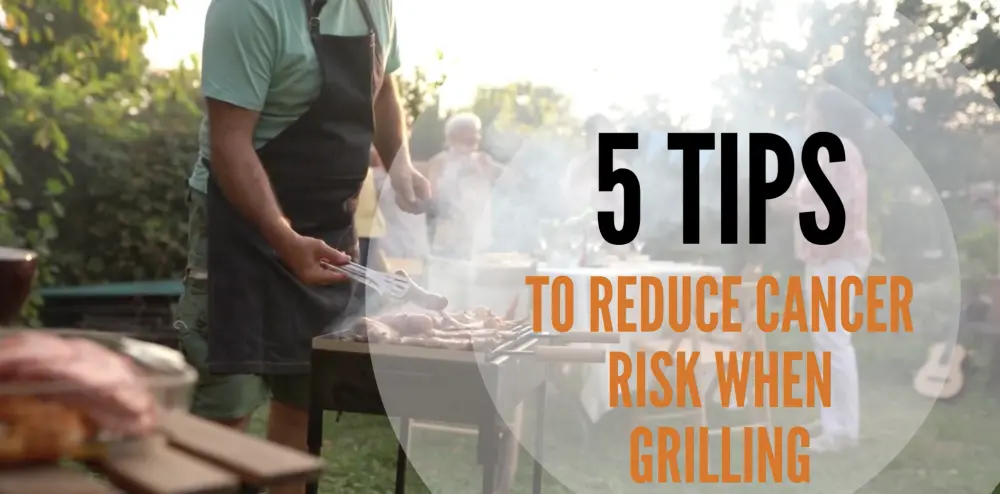In 2023, an estimated 238,340 people were diagnosed with lung cancer and approximately 127,070 people died from the disease according to The American Cancer Society (ACS).
November is recognized as Lung Cancer Awareness Month, and Minnesota Oncology, a leading provider of advanced comprehensive cancer care and an affiliate of The US Oncology Network, is encouraging those at high risk for lung cancer to talk to their doctor about screenings and to learn the preventative measures they can take to minimize their chances of being diagnosed with the disease.
Oncologists specifically warn against the dangers of vaping. The liquid in e-cigarettes contains known cancer-causing agents, including nicotine and other harmful chemicals and flavorings. Even worse, most e-cigarette users are below age 35 as vaping has generally been marketed to a younger audience.
Although lung cancer takes time to develop, there have already been multiple reported cases of lung injury, called EVALI (e-cigarette and vaping-related lung injury). Some of these cases have even resulted in death. The CDC has identified Vitamin E acetate as a chemical of concern in patients with EVALI. Vitamin E acetate is an additive used in THC containing e-cigarettes. Vitamin E acetate has been identified in all the BAL fluid samples (bronchoalveolar lavage, or fluid samples collected from the lungs) of patients with EVALI tested by the CDC.
“Vaping products are harmful and should not be used. E-cigarettes contain carcinogens and can cause lung damage and EVALI. The FDA does not recommend vaping be used as a method to quit smoking. Vaping products not only contain nicotine, but other harmful chemicals that can cause serious lung injury and death,” said Dr. Jesus Vera Aguilera.
Because vapes are significantly newer than traditional cigarettes, long-term studies have not been completed. Still, the short-term effects show that abstaining from smoking altogether is the best move.
Lung cancer is the leading cause of cancer death among both men and women, and more people die from the disease each year than from colon, breast, and prostate cancers combined. Lung cancer is generally divided into two types: small cell lung cancer and non-small cell lung cancer. Non-small cell lung cancer accounts for 85 percent of lung cancer, while small cell lung cancer accounts for the remaining 15 percent.

Dr. Jesus Vera Aguilera see patients at our Fridley and Maple Grove clinic locations.
His Areas of Special Interest include:
To request and appointment with Dr. Vera Aguilera,
please call (763) 786-1620 or request an appointment online.




